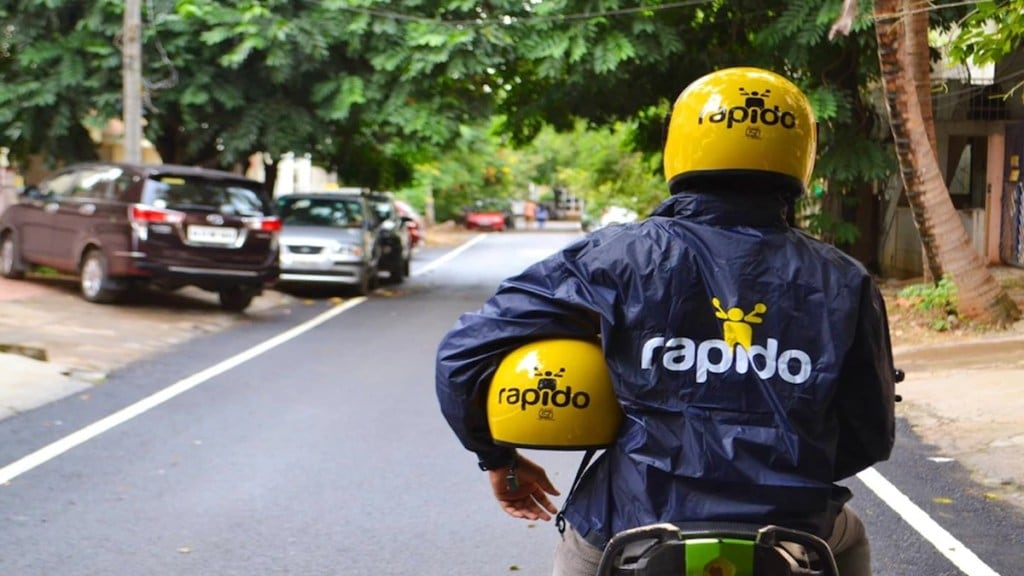“Some days there was no food on the table” was dinner-time reality for Pavan Guntupalli during his childhood. But his parents, like most middle class Indian families, scraped together for education despite facing crushing financial pressures. Both his siblings became doctors. He got into IIT Kharagpur. The family had bet everything on education to provide escape velocity.
That seemingly makes his decision at 22 to quit Samsung—a plum software engineering job in South Korea working on the Galaxy S2, the company’s flagship smartphone at the time—seem utterly irresponsible. Guntupalli says he walked away “on a whim” as he thought not taking a risk is not a good idea for an Indian youth.
What followed was seven years of expensive education in the mechanics of failure — real estate ventures that collapsed; tile manufacturing that burned through savings; export businesses that went nowhere; a mining attempt that struck nothing and a marketing agency that flopped. “I had burned my hands honestly royally.”
Throughout this parade of failures, one thing remained constant: Aravind Sanka. They had been inseparable since boarding school. The two friends had decided they wanted to create an impact and build a company of their own. What followed was two years of joblessness. The third member of their eventual founding team, Rishikesh SR, entered the picture during this wilderness period. They met at a conference and eventually got close. Together, the three friends decided to try something in payments, launching IMPStant, a mobile-to-mobile transfer service similar to what would later become PhonePe, but built on IMPS infrastructure before UPI existed. This flopped too before the protocol itself became obsolete.
Eventually they founded theKarrier in 2014, — a logistics company, dealing in light transport vehicles (mini trucks and tempos) similar to what Porter did. This actually worked. By October 2015, they were bringing in decent revenues, investor interest, growing team. Yet, they shut it down. “While we were doing good revenues, raking in over $1 million ARR (Annual Recurring Revenue), the impact that we thought that we would create via this venture was not visible enough,” Guntupalli recalls. They were moving 250-300 high-value orders but touching relatively few lives.
The idea for bike-taxis had come from watching his theKarrier workers who would assist in unloading and loading packages navigate Bangalore’s transport maze. They needed to travel between job sites—Koramangala to HSR, BTM to Marathahalli. Too short for company vehicles, too expensive for autos that often refused such rides, too unreliable for buses that might take an hour for a 20-minute journey. So Guntupalli started putting them on bikes. “This realisation struck us that while people are saying ride-sharing will change everything, an average man is still hanging on the footboard of a bus,” Guntupalli says.
“India has 200 million two-wheelers for 1.4 billion people,” he explains. “Every family owns a bike. We said why not leverage this existing infrastructure?” 331 investors said no. Everyone counted them out. At the time every major investor had already bet on either Uber or Ola. Uber had $5 billion in global funding. Ola had SoftBank’s billions.
Yet, armed with the confidence of nothing to lose, `50 lakh and 19 employees from the original Karrier team, the team decided to pivot. In 20 days, they were up and running.
Bike taxis were an almost an instant hit in Bangalore. Investors took notice. Breakthrough moment came when angel investors including Hero MotoCorp’s Pawan Munjal and AvantEdge’s Kunal Khattar decided to back the underdogs.
Fast forward 10 years, Rapido hit 4 million in daily rides on May 24, — a metric no other ride-hailing company in India has ever hit. “It was the same team, and it is still the same team working with us.”
They didn’t just stop at bikes; they added autos, cabs, and even enabling delivery services for Swiggy, and eventually quick commerce platforms like Zepto. Rapido was fast to adopt to the Namma Yatri-pioneered zero-commission model for autos and cabs at scale. Ola, Uber have since been compelled to follow the zero-commission way.
Last year, Rapido hit a billion-dollar valuation. Fresh with funding and a unicorn status, the company is now gearing up to launch direct food delivery on its platform. For this, a pilot is underway in Bengaluru through a partnership with National Restaurant Association of India (NRAI), who are batting for a viable “third-player” in the Zomato-Swiggy food delivery duopoly.
It’s not all cruising though. Last month, the Karnataka High Court banned bike taxi operations in the state where Rapido first proved their thesis. The irony isn’t lost on anyone: India’s largest ride-sharing platform by daily volume, operating across 250+ cities and creating over nine million livelihoods, is celebrating record growth while fighting for the right for its core offering to exist in its birthplace. They continue to face similar challenges in other states reluctant to form regulations around bike taxis.
But perhaps that’s fitting for an underdog story. The odds may continue to stack up against them, but they’ll play to win, regardless.


